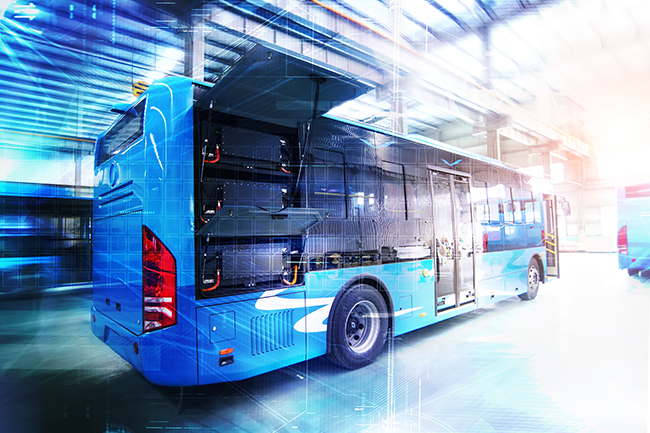Time for Charlotte Buses to Go Electric: Compressed natural gas is not the answer

It has been 18 months since the Charlotte City Council passed a commitment to transition the city to reach zero carbon emissions by 2030. Meanwhile, the Char-Meck Climate Leaders, as well as dozens of stakeholders and citizens, have been meeting — voluntarily — to bring various areas of expertise to bear and strategize on ways to help the city reach its goals.
These monthly meetings also have the goal of holding the city to its promises. We know that all too often budget demands, current issues and leadership changes can halt or slow progress on any number of issues.
It has come to the group’s attention that the city’s transit system — CATS — has plans to move away from diesel buses, which is good, but that they plan to purchase compressed natural gas (CNG) buses instead, which is bad.
This is a bad plan for Charlotte, not just from an emissions standpoint, or the impact on climate change, but also from a long-term economic standpoint.
Natural gas is still a fossil fuel, and the gas industry is engaged in multiple lawsuits at the moment, not just around the impacts of fracking on seismic activity and clean water, but also around pipelines that it plans to build across multiple states. This includes the Atlantic Coast Pipeline that will traverse the entire east end of North Carolina, cutting across native American tribal lands, leaking methane and disrupting numerous communities. These lawsuits have been raised by impacted property owners and others who know the dangers of gas.
The lawsuits have also made natural gas infrastructure more costly and less certain, just one more reason that investing in buses that run on this fuel is a bad bet. City buses have a life span of about 12 years, and during that time the infrastructure around gas could be altered dramatically.
As a greenhouse gas, “natural” gas is more than 90% methane, which has proven to be about 86 times stronger than carbon dioxide at trapping heat in the atmosphere (Union of Concerned Scientists). The leakage that occurs during extraction, then during transmission through pipelines and trucks, then during final delivery can be substantial, and carries health risks as well as climate risks.
So the conclusion is simple: Do not use CNG buses, but transition to clean, electric-powered buses instead. Numerous cities around the U.S. have already made and are implementing plans to buy large numbers of all electric buses, ranging from Seattle and Los Angeles to Washington, D.C. and New York City. They are not using CNG buses as a “bridge” to cleaner air and a healthier climate.

(Adobe Stock Photo)
And a 2018 Bloomberg study of cost found that all-electric buses are a better return on investment for cities: “Large cities with high annual bus mileages can therefore choose from a number of electric options, all cheaper than diesel and CNG buses,” the report states.
We have, Proterra, an electric bus manufacturer right down the road in South Carolina that makes many different range buses with different battery sizes. They have been supplying cities like our neighbor Greensboro with electric city buses.
The city should work with organizations that are pooling purchase requests for electric vehicles, such as Climate Mayors, to lower purchase prices as well. The smart move would be for Charlotte, Mecklenburg County and Charlotte-Mecklenburg Schools (CMS) to get together and form their own electric-vehicle purchasing collaborative, and share the costs of new charging infrastructure. CMS — with a fleet of about 1200 buses — could replace aging diesel school buses that spew noxious diesel fumes into our children’s’ lungs, while saving money at the same time.
Char-Meck Climate Leaders and allied stakeholders will continue to push our city to do the right thing. It would be great to have more citizens join us to demand this transition as well. It is good for the air, for our climate and for our wallets.
